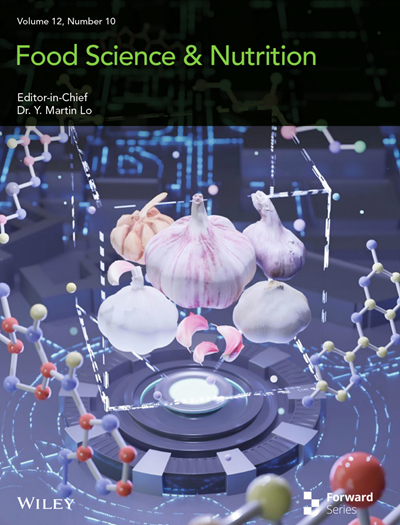D-tryptophan, an eco-friendly natural, safe, and healthy compound with antimicrobial activity against food-borne pathogens: A systematic review
Abstract
Recently, the use of D-amino acids as food preservatives has attracted considerable attention because these natural compounds do not have adverse effects on human health. In addition, D-amino acids such as D-tryptophan can reduce the harmful effects of other treatments. For instance, the use of D-tryptophan in food reduces the requirement for high temperatures and their damaging effects on nutrients such as proteins and vitamins. The purpose of this systematic review was to investigate the antimicrobial effect of D-tryptophan on food-borne pathogens in?vitro and in food models. To identify related studies, scientific digital databases such as PubMed, Science Direct, and Google Scholar were searched from January 2000 to February 2023. The results of the studies showed that when D-tryptophan was used with other stresses such as using different salt concentrations, refrigeration, or high temperatures, it showed significant antimicrobial effects on Gram-positive and Gram-negative food-borne pathogens, and antibiofilm impacts were also observed with D-tryptophan. Since studies have shown that the antimicrobial activity of D-tryptophan depends on several factors, including the pathogen strain, the type of stress, and the concentration of D-tryptophan, and every article has focused on one of these factors, there is a need for a systematic review that summarizes and concludes the effect of all these factors on the antimicrobial activity of D-tryptophan against food-borne pathogens.





